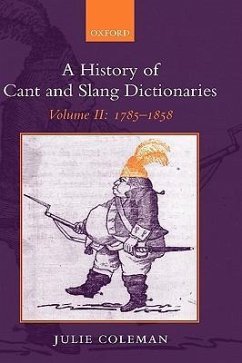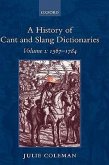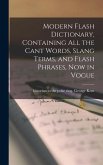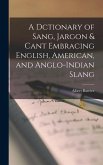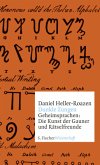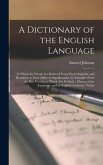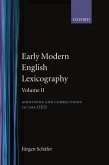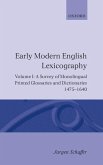The second volume of Julie Coleman's fascinating and entertaining history of the uses and the recording of slang and criminal cant takes the story from 1785 to 1858 and explores its first manifestations in the USA and Australia. During this period glossaries of cant are thrown into the shade by dictionaries of slang, which now include the language of thieves and cover a broad spectrum of non-standard English. Cant represented a practical threat to life and property. Slang, the author reveals, was a threat to the moral core of society, insidiously seductive to a wide section of the public. Julie Coleman shows how Francis Grose's Dictionary of the Vulgar Tongue revolutionised lexicography of non-standard English. She explores the earliest Australian and American slang glossaries, whose authors included the thrice-transported James Hardy Vaux and George Matsell, New York City's first chief of police.
The publication of Francis Grose's Classical Dictionary of the Vulgar Tongue revolutionized the lexicography of non-standard English. His influence is felt in most of the dictionaries covered in this volume which copy, variously, his carefully documented reliance on written sources, his delighted revelation of first-hand experience of the seedier side of London life, and his word-list. During this period, glossaries of cant are thrown into the shade by dictionaries of slang, which include the language of thieves, but cover a much broader spectrum of non-standard English. While cant represented a practical threat to property and life, slang was a moral threat to the very structure of society. In the 1820s, Pierce Egan's Life in London demonstrated how popular and successful slang literature could be among the masses. This volume also includes the earliest Australian and American slang glossaries, by individuals like James Hardy Vaux (a convict transported three times) and George Matsell (New York's first chief of police).
Hinweis: Dieser Artikel kann nur an eine deutsche Lieferadresse ausgeliefert werden.
The publication of Francis Grose's Classical Dictionary of the Vulgar Tongue revolutionized the lexicography of non-standard English. His influence is felt in most of the dictionaries covered in this volume which copy, variously, his carefully documented reliance on written sources, his delighted revelation of first-hand experience of the seedier side of London life, and his word-list. During this period, glossaries of cant are thrown into the shade by dictionaries of slang, which include the language of thieves, but cover a much broader spectrum of non-standard English. While cant represented a practical threat to property and life, slang was a moral threat to the very structure of society. In the 1820s, Pierce Egan's Life in London demonstrated how popular and successful slang literature could be among the masses. This volume also includes the earliest Australian and American slang glossaries, by individuals like James Hardy Vaux (a convict transported three times) and George Matsell (New York's first chief of police).
Hinweis: Dieser Artikel kann nur an eine deutsche Lieferadresse ausgeliefert werden.

